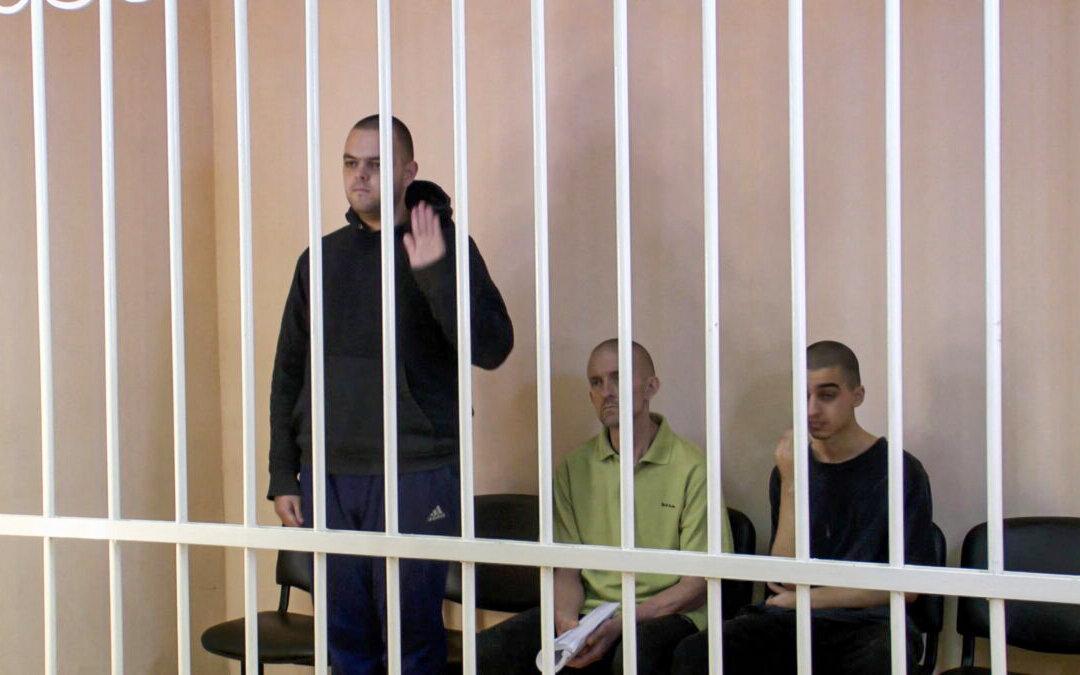Two Britons captured by Russian forces could face 20 years in prison, according to Russian state-run media on Wednesday.
The report also quoted prosecutors saying they may face the death penalty.

Two Britons captured by Russian forces could face 20 years in prison, according to Russian state-run media on Wednesday.
The report also quoted prosecutors saying they may face the death penalty.